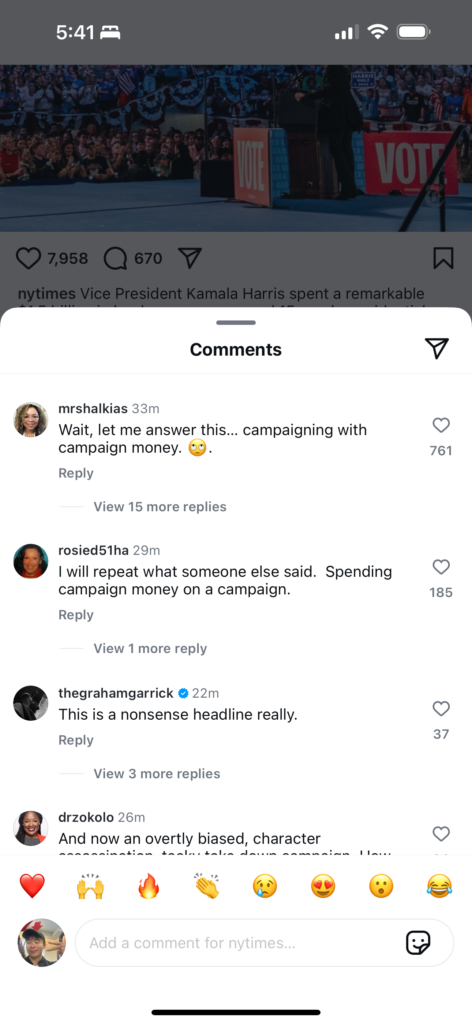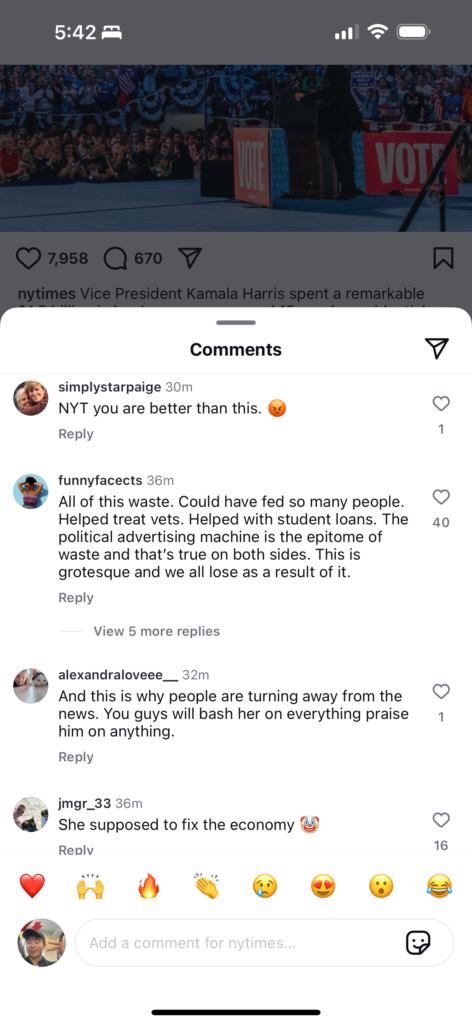Children learn all sorts of things through lots of different ways, whether it’s school, whether it’s at home, whether from the local tutor or in the church.
But you know, one of my favorite learning methods is the fight.
Now I know it sounds bad and I certainly don’t mean UFC grappling and punching hijinks, but I will admit that I can be combative at times, and I’m not particularly afraid of fighting with words, which often kind of makes things worse, but then c’est la vie, it is my personality and the way that I personally get to truth one argument and one debate at a time, hopefully listening a little more than I speak but then making sure to clarify whatever I feel that we cannot say we know.
I recently had a fight with someone in Mensa International, and I chose to block that person.
I mean, fair dice – Mensa International, which is the main Facebook group of Mensa as an organization determined by the Mensa International Board of Directors (IBD) is the single largest gathering of Mensans, who – while I love many of them – can also be some of the most irritating people in the world.
Anyway, we had a dispute about of all things, Kamala Harris, in relation to this exciting headline:

…Which has attracted some rather interesting comments:


This was a pretty interesting topic (which I will write about) because of how it showcases a shift in the Overton Window while at the same time showcasing media bias in a range of different ways.
Anyway, this individual had commented.
I’d had a conflict with her before on account of her attempting to use her background to win an argument once (a clear pet peeve of mine which I might talk about a little more later on) but thought that okay, I can’t be going around blocking people because that’s weird, and maybe this person for the first time actually has something beneficial to say.
Generally pleasant discussion about media bias, but then she insisted that she knew what the “right” version of a headline about Ms. Harris was, and I immediately began questioning her, after which she basically yaps about how she’s got “X years of experience in PR”, and how “you shouldn’t teach your grandmother how to suck eggs”, after which she proceeded to try to gaslight me about how I was “presenting myself as an expert” or “talking down to people”, oddly enough after doing the exact same thing and oddly enough failing to mention what part(s) of her experience were relevant to the discussion – AGAIN.
Anyway, I basically couldn’t take it anymore and just went ahead and blocked her – but not before she did say something useful, though – that she uh, “likes my enthusiasm but not my verbosity.”
Not that her preferences are really a key consideration of mine, but I thought a bit about the situation and how I had taken part in a war of words with her which, frankly, took way too much time and energy and involved going into far too many semantics or frivolous discussions that I wondered if it would have been better to spend my time getting my wisdom teeth pulled for leisure – and I realized:
Even I don’t like my own verbosity.
Here’s a definition of the word.

In case you’ve already noticed, the definition of “verbosity” can mean that a person may be verbose if they use too many words on the sentence level.
However, why it’s relevant to me isn’t just that I write long paragraphs or long sentences (which I do, by the way, if you’ve ever seen essays or pieces that I’ve written before – I have the bad habit of writing very long, complex, and grammatically correct sentences that easily lose people).
After all, another possibility is that a person is verbose precisely because they end up in situations where they use too many words, or use words to resolve situations in the hope that the words will be effective, work, or correlate with accomplishing what a person wants.
None of these strategies are guaranteed to work, and they in fact might be quite false; sometimes, using words can actually harm you and push you away from the outcome!
And so it is with internet arguments.
If I’m going to take part in an internet argument, it needs to be for a reason – either it’s political, it’s for the purpose of learning something, or it’s for the purpose of pursuing truth that is actually meaningful.
Often, rather than arguments, other interactions are more preferable – and that is true even when you are trying to accomplish a goal.


